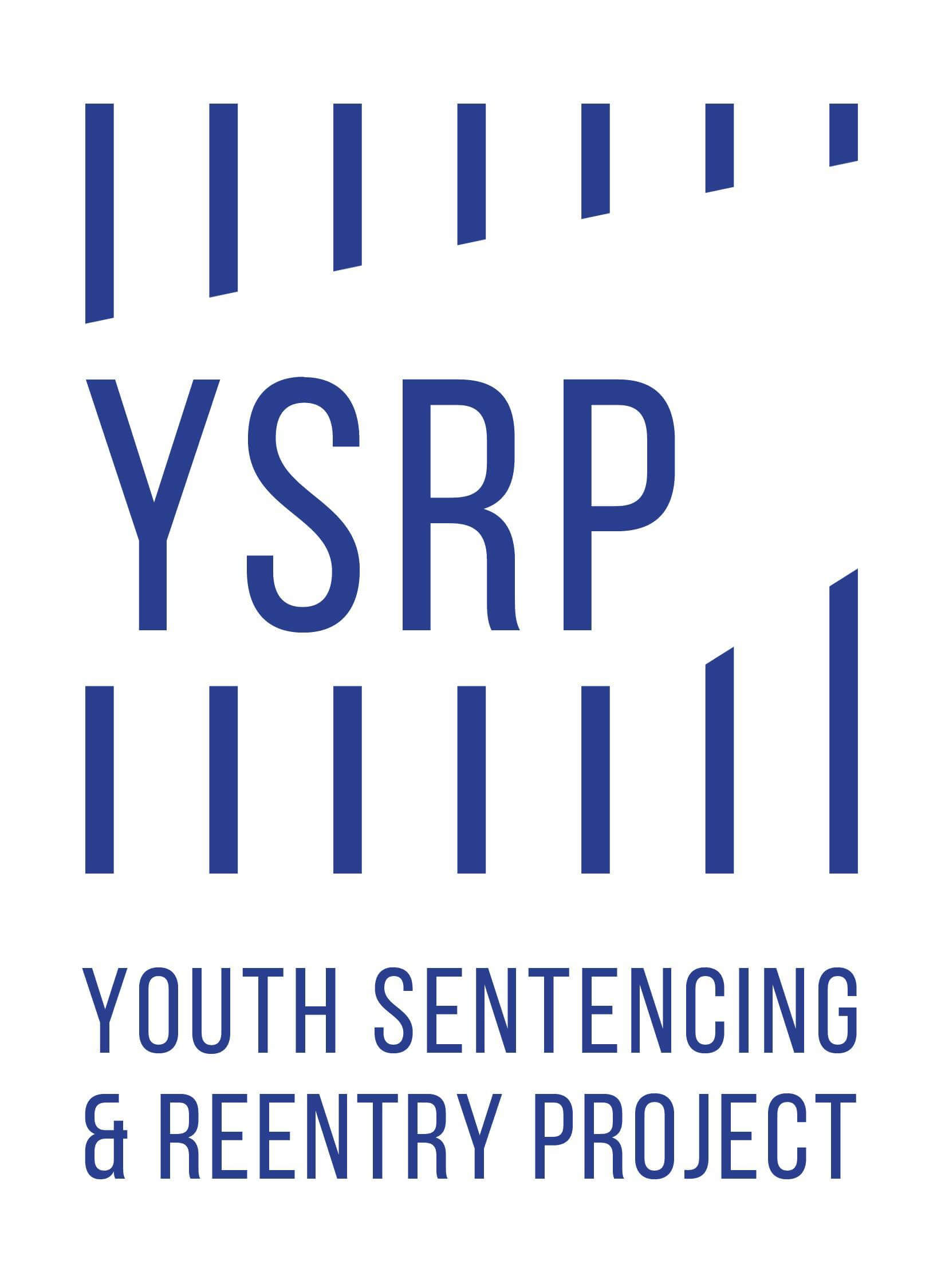Youth Sentencing & Reentry Project
Imagine spending your life in prison for a dreadful mistake you made at the most reckless time of your life—when you were a teenager, maybe even younger. Imagine having no opportunity to explain that mistake in the context of a traumatic childhood. For hundreds of youth in Pennsylvania each year– most of them from Philadelphia, most of them African American – it’s a reality. In Pennsylvania, kids can be considered an adult in the eyes of the law long before they’re old enough to get a tattoo, drive or vote for the district attorney who’s prosecuting them.
There are approximately 525 people in Pennsylvania who were sentenced as children to serve life without parole in adult prison, more than any other state. Here, children as young as 10 who are charged with homicide can be tried as adults; children as young as 14 can also be tried as adults if they are charged with crimes such as robbery or aggravated assault. If they are convicted of homicide, children can go to prison for the rest of their lives. These policies exist despite research that shows children’s brains aren’t fully developed until they’re in their 20’s—specifically areas of their brains that make them more susceptible to peer pressure and less likely to comprehend risks and consequences.
Public interest attorney Lauren Fine cofounded the Youth Sentencing & Reentry Project (YSRP) in 2014 with fellow public interest lawyer Joanna Visser Adjoian to keep kids out of the adult criminal justice system. “The juvenile justice system is treatment and rehabilitation oriented and the adult system, by all accounts, is not designed for rehabilitation.” A child who’s sent to adult prison is 34 percent more likely to commit another crime and end up back in prison. “It’s a warehousing and punishment mechanism,” Fine added.
Widespread reform of the criminal and juvenile justice systems in Pennsylvania and the United States is direly needed, but slow to progress. Many efforts are underway, from political reforms to supportive services for youth. Unwilling to wait for widespread reform to occur and determined to demonstrate that even adequate representation makes a significant difference Fine and Visser Adjoian have begun to implement a new intervention to improve outcomes for system-involved youth.
Fine was propelled to cofound YSRP by a heartbreaking encounter she had with a teenager serving life in prison. He’d been abandoned by his mother; his father was in prison; he’d spent his life in foster homes and group homes and had been bullied and sexually abused. At 13, he was taken in by a gang member who was “the first stable role model in his life,” Fine said. “At 14, he committed a homicide and now he was spending his life in prison. There were points along the way where there could have been meaningful help, but there wasn’t. And so we just threw him away.”
This young man’s traumatic life, leading up to his crime, was to Fine absolutely fundamental to his case. And yet, until recent changes in the law due to United States Supreme Court decisions, attorneys assigned to cases like his had no opportunity to investigate and present the defendant’s “full-picture” story to the judge. Through Fine and Visser Adjoian’s work in the juvenile and criminal justice systems, they confirmed that this problem was widespread and set out to prove that a set of smart interventions could have a dramatic impact on the lives of children facing adult prison.
YSRP is testing a multi-part strategy to improve outcomes for young people. YSRP first conducts a mitigation investigation, which entails talking to anyone who can help paint a fuller picture of the child’s personal story, and making connections to community resources that already exist and are free. They prepare a report that details this information to be presented in court, so that the judge can determine whether the juvenile justice system is more appropriate to handle their case; then, similarly, for the sentencing judge to consider more than the punishable offense. Included in that report is a preliminary reentry plan for the child —a critical component because YSRP believes judges are more willing to move cases out of adult court or to allow for earlier release when a plan is in place. The reports also provide research about adolescent brain development and how trauma and other adverse childhood experiences impact it.
With support from The Barra Foundation, YSRP is refining its program model with guidance from an evaluation expert and has begun supporting kids and families. YSRP has begun to test their model through an initial pilot of 15 cases. Of those cases, 75 percent of them have been diverted to juvenile court, compared to a five-year average of 35 percent. Leveraging Barra’s early funding, an Echoing Green fellowship and a strong board of advisers, YSRP has raised additional funding to expand the program and continue to test its efficacy. Ultimately, Fine and Visser Adjoian hope that their outcomes and evidence will be potent enough to advance real system reforms—eventually eliminating the need for YSRP’s work all together.
Photos by Jeff Fusco
